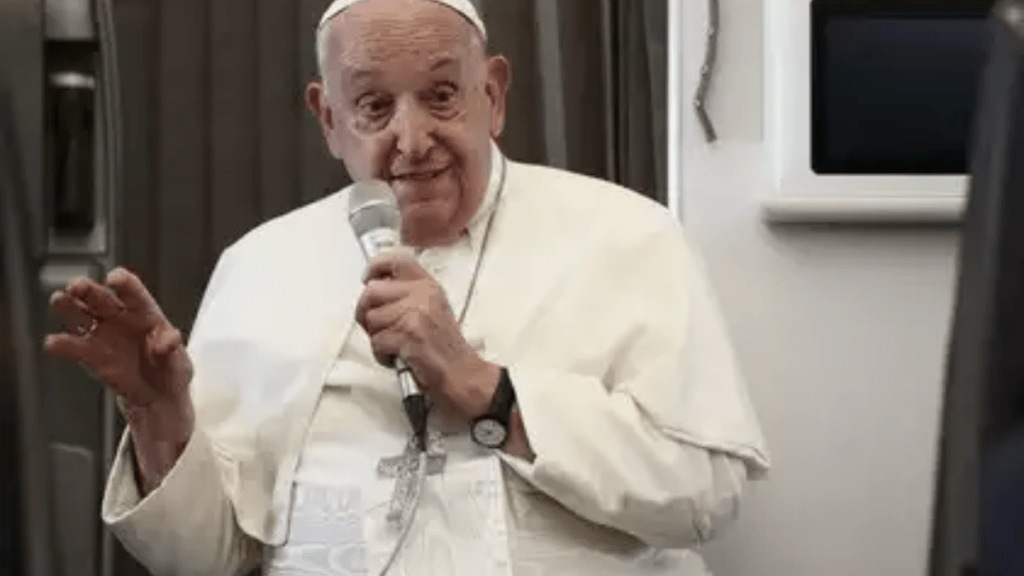Pope Francis has been diagnosed with a polymicrobial respiratory tract infection, Vatican officials confirmed last week. The 88-year-old pontiff, who has a history of lung-related illnesses, is undergoing targeted medical treatment to combat the complex infection.
What is a polymicrobial respiratory tract infection?
A polymicrobial respiratory tract infection occurs when multiple microorganisms—bacteria, viruses, fungi, or parasites—infect the respiratory system. Such infections are more common in individuals with weakened immune systems or pre-existing lung conditions.
Dr. Maor Sauler, a pulmonary specialist at Yale University, explains that these infections can start as bronchitis or an airway infection before progressing to a more severe lung condition. Given Pope Francis’ medical history, including the partial loss of his right lung, his case requires careful medical management.
Respiratory infections can be concerning for individuals with prior lung damage. While most healthy people recover quickly from bronchitis, compromised lungs make it easier for bacteria to colonize the airways, leading to complications that require intensive care, such as oxygen therapy or physiotherapy to clear lung congestion.
How long could treatment take?
Antibiotic treatments typically last from a few days to two weeks. However, polymicrobial infections may require prolonged care, including medications used for chronic respiratory diseases. Doctors are also monitoring for pneumonia, a serious concern for elderly patients with respiratory conditions.
As Pope Francis continues treatment, Vatican officials have assured the public that he remains under expert medical supervision, with further updates expected in the coming days.
(With AP inputs)








